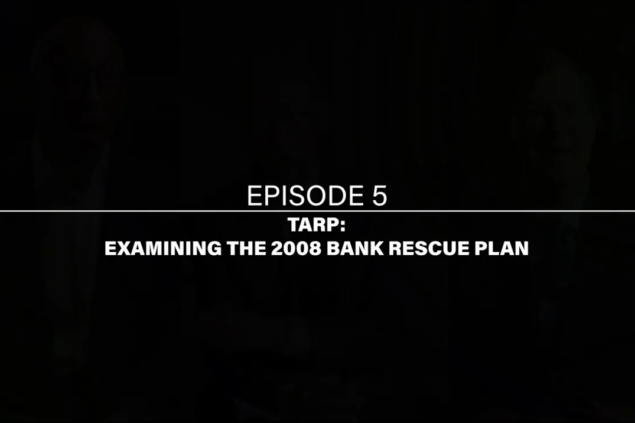Supreme Court to Hear Two Challenges to President Biden’s Student Loan Forgiveness Program
Karen Harned

In December, the Supreme Court granted certiorari in two cases challenging the student loan forgiveness program that President Biden announced in August of last year. Biden v. Nebraska was brought by six states: Arkansas, Iowa, Kansas, Missouri, Nebraska, and South Carolina. Department of Education v. Brown was brought by two individuals with student loans. The cases allege different injuries and thus have not been consolidated.
Under the Department of Education’s student debt forgiveness program, any individual earning less than $125,000 or a married couple earning less than $250,000 in tax years 2020 or 2021 is entitled to up to $10,000 in forgiveness for most types of student loans. For borrowers who received a Pell grant, the forgiveness is up to $20,000. The Department of Education relies on the Higher Education Relief Opportunities for Students Act (HEROES Act) for authority to implement this program. Enacted in response to the September 11th terrorist attacks, the HEROES Act authorizes the Secretary of Education to defer student loan payments during a national emergency.
The loan forgiveness program, which the Congressional Budget Office estimates will cost at least $400 billion, has come under intense legal scrutiny, with commentators analyzing what type of plaintiff would be injured and have standing to sue.
The states in Biden v. Nebraska make three basic standing arguments:
- Missouri will lose money through the Higher Education Loan Authority of the State of Missouri (MOHELA), which is a direct loan servicer and part of Missouri’s Department of Higher Education and Workforce Development. If the student loan forgiveness program is implemented, many of the participants in the MOHELA program will no longer have student loan debt, thus resulting in reduced revenue for the state and other harms.
- Iowa, Kansas, Nebraska, and South Carolina will lose tax revenues because those states use adjusted gross income (which includes discharged student loans) to calculate state income tax.
- Arkansas, Missouri, and Nebraska have lost money on their investments in student loan asset-backed securities backed by loans from the Federal Family Education Loan Program (FFEL). Once the President announced the loan forgiveness program, many borrowers consolidated their FFEL loans into Direct loans to qualify for loan forgiveness.
The individual plaintiffs in Brown argue that they are harmed because they were denied their procedural rights under the Higher Education Act and the Administrative Procedure Act when the Department of Education adopted the program without going through negotiated rulemaking and notice and comment. The Department’s student loan forgiveness program is a legislative rule requiring both procedures, but the Department went around those procedures, enacting the program unilaterally through the HEROES Act. Although the plaintiffs have student loans, one does not qualify for forgiveness because her loans are commercially held and not in default, and the other will not receive the full $20,000 in debt forgiveness because he did not receive a Pell grant in college.
The states and private plaintiffs argue that the government cannot properly rely on the HEROES Act as authority for promulgating such a massive spending program and ignoring the required negotiated rulemaking and notice-and-comment procedures. They argue that this constitutes a “major question” justifying judicial intervention to prevent executive overreach. Under the Supreme Court’s major questions doctrine—most recently developed in last term’s West Virginia v. EPA—an administrative agency cannot exercise novel authority ostensibly derived from a previously ignored statutory provision over a politically or economically significant issue without clear congressional authorization. The plaintiffs argue the debt forgiveness program has “vast economic and political significance,” so it can only be justified by a clear statement from Congress. Because Congress did not clearly authorize this program through the HEROES Act, they say, the student debt forgiveness program is an illegal exercise of executive power.
Although the Court did not consolidate the cases, it did grant a request by the government to file one set of briefs for both cases. On January 4, the government submitted its opening brief. In it, the government argued that neither the states nor the private plaintiffs have standing to sue and that the HEROES Act justifies the program. The states and private plaintiffs will file separate responses on January 27, and the government’s reply is due February 15. Oral arguments are set for February 28.

Topic
Sponsor
Federalist Society’s Administrative Law & Regulation Practice Group
The Federalist Society and Regulatory Transparency Project take no position on particular legal or public policy matters. All expressions of opinion are those of the author(s). To join the debate, please email us at [email protected].



